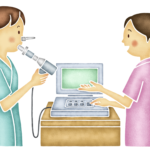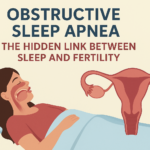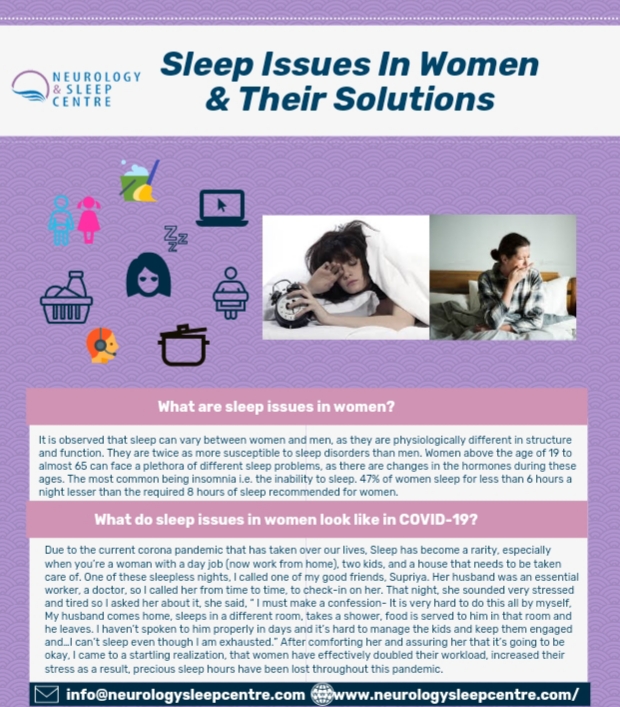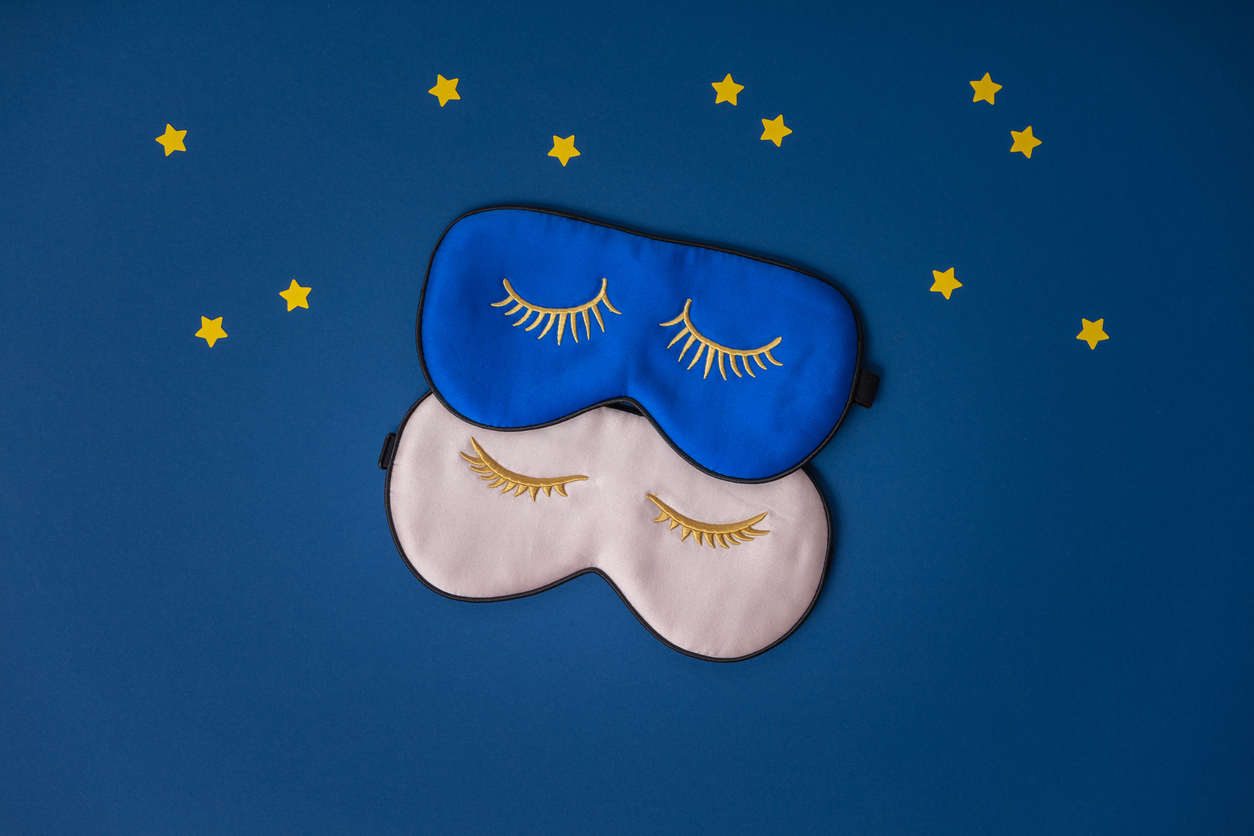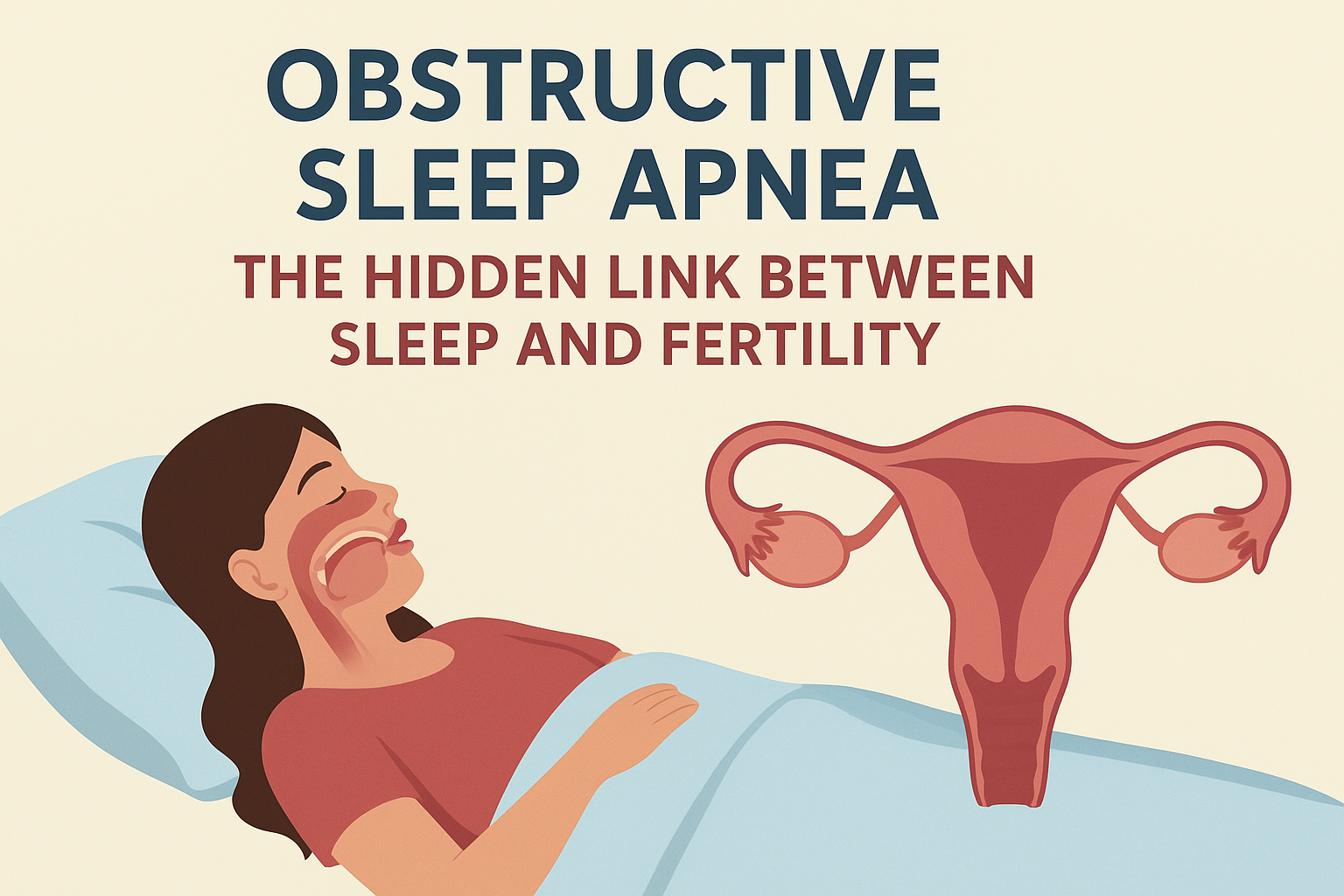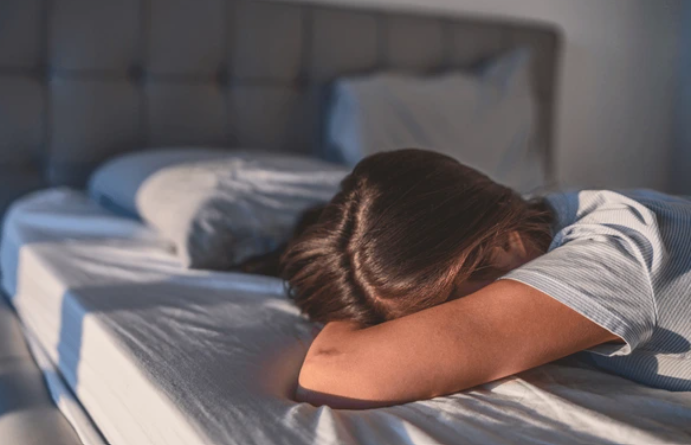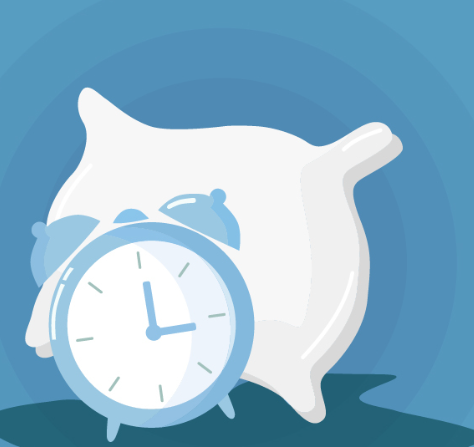Sleep Issues in Women & Their Solutions
Due to the current corona pandemic that has taken over our lives, Sleep has become a rarity, especially when you’re a woman with a day job (now work from home), two kids, and a house that needs to be taken care of. One of these sleepless nights, I called one of my good friends, Supriya. Her husband was an essential worker, a doctor, so I called her from time to time, to check-in on her. That night, she sounded very stressed and tired so I asked her about it, she said, “ I must make a confession- It is very hard to do this all by myself, My husband comes home, sleeps in a different room, takes a shower, food is served to him in that room and he leaves. I haven’t spoken to him properly in days and it’s hard to manage the kids and keep them engaged and…I can’t sleep even though I am exhausted.” After comforting her and assuring her that it’s going to be okay, I came to a startling realization, that women have effectively doubled their workload, increased their stress as a result, precious sleep hours have been lost throughout this pandemic.
It is observed that sleep can vary between women and men, as they are physiologically different in structure and function. They are twice as more susceptible to sleep disorders than men. Women above the age of 19 to almost 65 can face a plethora of different sleep problems, as there are changes in the hormones during these ages. The most common being insomnia i.e. the inability to sleep. 47% of women sleep for less than 6 hours a night lesser than the required 8 hours of sleep recommended for women. Upon further research, the causes for these sleep disorders in women became clearer to me, these causes include:
.
- Excessive Workload:
About 71% of women sleep lesser than men due to household chores. Women who work 9 to 5 jobs, often have to manage both their work and their household, which can lead to added stress. Women with kids have to devote significant time to their kids especially in their early years. This leads to excess workload on women, increasing stress levels, and decreasing sleep.
- Menstruation:
A woman’s menstrual cycle affects her sleep schedule a lot. Women can feel sleepy and tired during menstruation due to cramps, bloating, heavy flow, and headaches, and PMS or pre-menstrual syndrome can be called sleep stealers. Insomnia is prevalent during Menopause. For postmenopausal women, the prevalence of insomnia grievances was between 61% and 83%.
- Mental illnesses:
Women are more susceptible to mental illnesses such as anxiety and depression, which are known to be associated with sleep complaints, leaving them more vulnerable to sleep problems. One main reason is that the chemicals in the brain, which are disrupted in these illnesses are also involved in regulating sleep.
- Restless Legs Syndrome:
Women are twice at risk for RLS than men. Recent research suggests that this is due to iron deficiency. RLS is a condition with an unpleasant sensation in the legs and an uncontrollable urge to move them to relieve the feelings, predominantly on lying down in the evening. This can vary in severity and frequency and be a cause for poor sleep.
- Sleep Apnea: Sleep Apnea in women is characterized by snoring, gasping arousals and drowsiness are better predictors of sleep apnea in men than in women. One of the reasons why more women aren’t diagnosed with sleep apnea is that female sleep apnea sufferers do not present with symptoms that are considered classic symptoms for sleep apnea.
Solutions to these problems include:
- Sleep schedule: Trying to maintain a normal sleep schedule. This is very important for a good sleep cycle. Women need 7- 8 hours of sleep every day. Thus, by tracking your sleep and trying to go to bed at the same timings regularly, one can start to develop a healthy sleep schedule.
- Reduction of stress: Try to deal with things that cause you stress during the day and try not to bring it with you to the bed. Vent to your partner or your friend and try to solve them during the day.
- Limiting caffeine and alcohol intake: Avoid alcohol after 6 pm at night and caffeine after 2 pm in the afternoon as they can keep you up at night.
- Creating a good sleep environment: A good sleep environment consists of your ideal sleep temperature, dimming the lights and avoiding devices for up to 2 hours before bed and having a proper and comfortable bed are prerequisites of a good sleep schedule.
Even after these suggestions if you continue to face problems regarding your sleep, make sure to visit a specialist soon. Conditions such as RLS, snoring, sleep apnea, etc. require immediate medical attention. Self-medication with sleeping pills is dangerous and should not be done.



